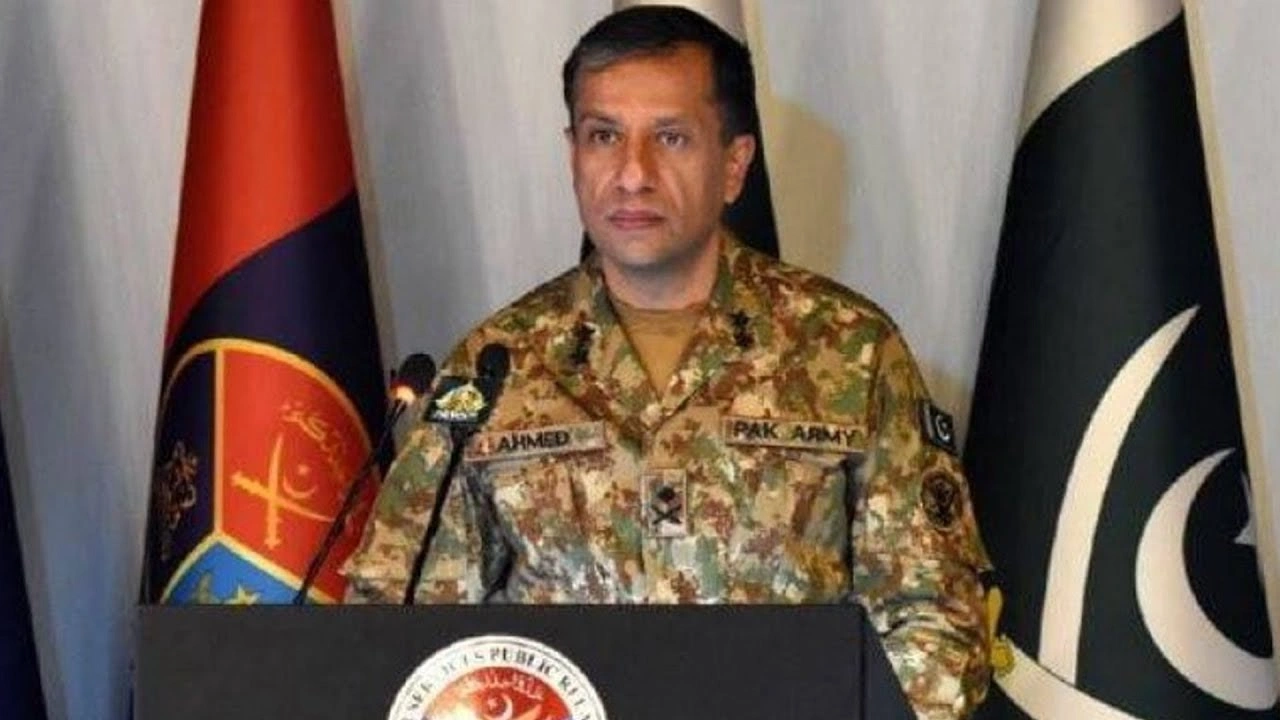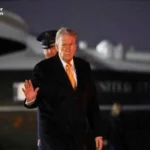By Observer Guardian | Islamabad
No nation can dare to challenge or threaten Pakistan’s nuclear program, declared Lieutenant General Ahmed Sharif Chaudhry, Director General of Inter-Services Public Relations (DG ISPR). He affirmed that Pakistan’s strategic assets are fully secure, well-managed, and beyond the reach of hostile intentions.
In an exclusive interview with an international media outlet, Lt Gen Ahmed Sharif asserted that Pakistan’s nuclear capability is indomitable, symbolizing not only the nation’s strong defensive power but also its central role in maintaining regional strategic balance.
“Pakistan’s nuclear deterrent is completely secure. It reflects our unwavering resolve and military strength,” he stated.
According to Observer Guardian, this statement delivers a powerful warning to adversaries seeking to destabilize Pakistan through threats or aggression.
Exposing India’s State-Sponsored Terrorism
DG ISPR strongly condemned India’s ongoing involvement in cross-border terrorism, stating that Indian political leadership has openly admitted to sponsoring terrorist networks within Pakistan.
He named Ajit Doval, India’s National Security Advisor, as the chief architect behind a sprawling terror infrastructure operating with state support. Lt Gen Sharif pointed out that international awareness is growing, with countries like the United States and Canada recognizing India’s role in state-sponsored terror activities.
“India is pursuing a well-orchestrated campaign of violence and insurgency to destabilize Pakistan, especially in Baluchistan,” he added.
Balochistan Unrest and ‘Fitna-e-Hindustan’
DG ISPR described India’s anti-Pakistan campaign as “Fitna-e-Hindustan”, a term used to identify Indian-sponsored terrorists aiming to divide and weaken Pakistan.
“India is funding separatist militias and running coordinated disinformation campaigns as part of its hybrid warfare strategy against Pakistan,” he said, highlighting that Baluchistan remains a central target of these operations.
He stressed that India’s efforts to disrupt internal stability are part of a larger policy framework, systematically designed to sabotage Pakistan’s unity and global standing.
Clarifying the Concept of Jihad and the Role of Khawarij
Addressing issues of religious extremism, Lt Gen Ahmed Sharif clarified that Islam grants the authority to declare Jihad solely to the state. He firmly rejected any claims of legitimacy by non-state actors or militant groups, emphasizing that such ideologies are rooted in deviation, not faith.
“The ideology of Khawarij has no link with Islam, humanity, Pakistan, or our cultural values,” he said.
He explained that the term Khawarij, widely used by the Pakistan Army and national media, refers to armed militant groups attacking state institutions and undermining national integrity.
Pakistan’s Defense: Unshakable and Resolute
In view of rising regional tensions, the DG ISPR’s remarks underscore Pakistan’s steadfast commitment to defending its sovereignty, nuclear assets, and internal security.
According to Observer Guardian, this year has seen the highest number of terrorists neutralized compared to the last five years—a testament to the operational effectiveness of the Pakistan Armed Forces.
Lt Gen Sharif’s statement serves as a clear reminder to enemies: any attempt to compromise Pakistan’s defense or strategic interests will be met with forceful and decisive resistance.







